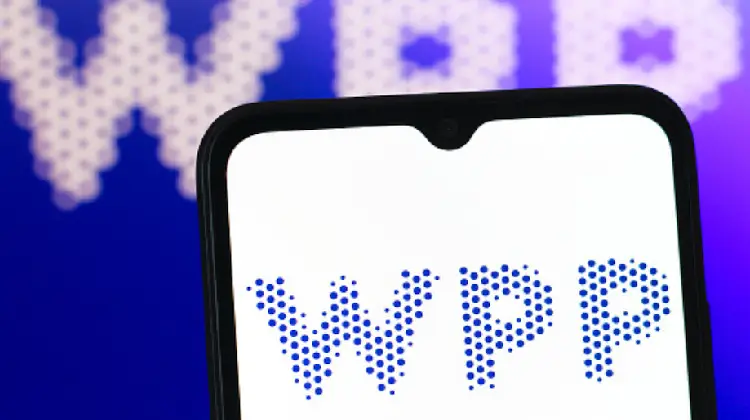WPP has made headlines by removing references to “diversity, equity, and inclusion” (DEI) from its latest annual report, a decision influenced by the increasing scrutiny of corporate diversity initiatives in the United States. This change reflects a broader trend among companies navigating a politically charged environment, particularly under the current administration led by President Donald Trump, which has taken a strong stance against DEI policies.
In its recently released report, WPP has rebranded the section that previously measured executives’ non-financial performance from “people and DE&I” to “people and culture.” This marks a significant shift from last year’s report, which referred to DEI 20 times and described WPP as a “diversity leader.” The company did not explicitly state whether this change was a direct response to anti-DEI sentiments but acknowledged the evolving political landscape.
Mark Read, WPP’s CEO, addressed these changes, emphasizing the challenges brands face in navigating a divided public arena. He stated, “In today’s complex world, a pressing question for brands and organizations is whether to engage on social issues in a more contested public arena.” Despite these adjustments, Read reaffirmed WPP’s commitment to fostering an inclusive workplace that reflects the diversity of its clients and consumers.
While WPP is distancing itself from explicit DEI language, Devika Bulchandani, Global CEO of Ogilvy (a subsidiary of WPP), continues to champion representation and purpose-driven storytelling. Bulchandani believes in leveraging her platform to advocate for underrepresented talent and reversing inequalities beyond the advertising industry. She emphasizes the importance of creating an inclusive environment where diverse voices can thrive.
Bulchandani’s leadership at Ogilvy has seen significant strides in diversifying the agency’s leadership team. Currently, women lead three out of five of Ogilvy’s capability areas and regional teams. Her commitment to representation stands in stark contrast to WPP’s recent strategic shift.
The removal of DEI references by WPP is part of a larger trend where over 200 U.S. companies have eliminated such language from their annual reports since Trump’s election. This shift raises questions about the future of corporate responsibility regarding diversity initiatives amid political pressures. Reports indicate that U.S. government agencies have pressured some European companies to comply with executive orders banning DEI initiatives if they wish to continue doing business with the government.
As WPP navigates these challenges, it will be crucial for the company to balance its corporate identity with the expectations of its diverse workforce and clientele. Meanwhile, Ogilvy’s approach under Bulchandani may serve as a model for how agencies can maintain their commitment to diversity and inclusion despite external pressures.
WPP’s decision to drop DEI language amidst U.S. scrutiny highlights the complexities brands face in today’s political climate. In contrast, Ogilvy’s ongoing commitment to representation and purpose-driven leadership exemplifies how companies can embrace diversity as a core value while navigating challenging landscapes. As both entities move forward, their strategies will likely shape discussions around corporate responsibility in the advertising industry.
Key Highlights:
- WPP removes DEI references from its annual report amid U.S. political scrutiny.
- CEO Mark Read acknowledges challenges brands face in navigating divisive issues.
- Ogilvy’s CEO Devika Bulchandani champions representation and purpose-driven storytelling.
- The shift reflects broader trends with over 200 U.S. companies eliminating DEI language from reports.

